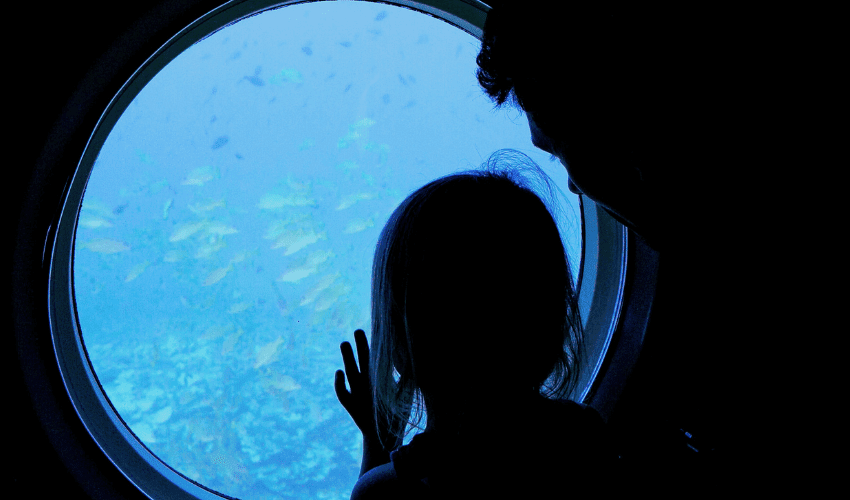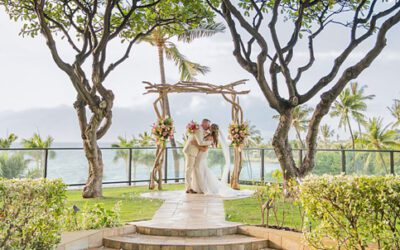When you visit Maui, you might be warmly told, “You’re part of our ʻohana now.” But what does that truly mean? In Hawaiian culture, the word ohana goes far beyond its simple translation of “family.” It represents a deep-rooted philosophy of love, inclusion, and shared responsibility.
The Meaning of Ohana in Hawaii
You may remember the quote from Lilo and Stitch…
“Ohana means family. Family means nobody gets left behind or forgotten.”
While Disney did a pretty good job of conveying the meaning of ohana, there are layers to the message.
The concept of ohana in Hawaii is based on a universal foundation: family. But in the islands, ohana extends beyond immediate family to include extended relatives, close friends, neighbors, and even visitors. It’s about a community that supports and uplifts one another.
Many Hawaiian households include multiple generations living together or nearby, raising children collectively and sharing both joys and challenges. In the spirit of ohana, everyone plays a role – caring for keiki (children), respecting kupuna (elders), and ensuring that no one is left behind.
As a Hawaiian proverb (ʻōlelo noʻeau) beautifully says:
“Ka lei hāʻule ʻole, he keiki”
“A lei that is never cast aside is one’s child.”
Just like a cherished lei, a child is a blessing – even when they spill your coffee or disrupt your day. One laugh or gesture reminds us how lucky we are to have them.

Ohana Goes Beyond Blood Ties
In Hawaii, family isn’t just defined by DNA. It’s common for people to refer to close friends, elders, and even neighbors as “aunty” or “uncle,” regardless of blood relation. This respectful and affectionate custom reflects the cultural value placed on community and care.
You might have grown up with dozens of “aunties” and “uncles” looking after you – quick to scold if you’re misbehaving, but just as quick to help if you’re in need. Forgot your lunch at the beach? Don’t worry, an aunty nearby will likely insist you eat and offer food.
This interconnectedness is the heart of Hawaiian ohana. When someone brings a new friend home, the first questions are often, “Who are your parents?” and “Where is your family from?” These questions reflect a desire to discover connections. On a small island, everyone is linked somehow.

Ohana is a Bond of Aloha
One of the most beautiful aspects of Hawaiian culture is that you don’t need to be related by blood to be considered ohana. You can be connected by aloha – the spirit of love, kindness, and compassion.
Think of a lei: each flower, kukui nut, or shell is unique, but together they form something beautiful. That’s ohana—individuals bonded by shared experiences and mutual care, no matter how different they may be.

- Looking for great places to stay on Maui? You’ll save by BOOKING DIRECTLY with the owners/managers of these accommodations.
- Looking for Maui deals? Sign up here for our free monthly Maui Deals & Steals enewsletter with the latest book-direct deals from our advertisers.

 Aloha! Tiffany here. I've been blessed to call Maui home since 2011. With a background in the island's finest restaurants and hotels, guiding visitors to create unforgettable Maui memories is more than a skill I've mastered—it's a profound source of joy for me.
Aloha! Tiffany here. I've been blessed to call Maui home since 2011. With a background in the island's finest restaurants and hotels, guiding visitors to create unforgettable Maui memories is more than a skill I've mastered—it's a profound source of joy for me.





